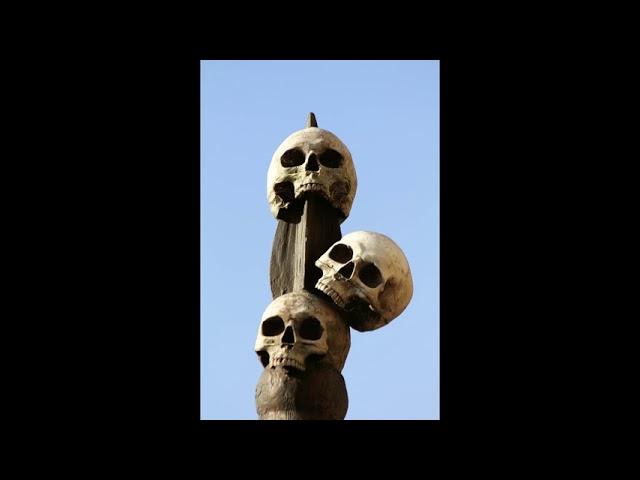
Dikteta (2008) Euphrase Kezilahabi
Комментарии:
Dikteta (2008) Euphrase Kezilahabi
Roberto Lumuli Gaudioso
Vulfpeck /// 1 for 1 DiMaggio Vaporwave
Alan Fisher Extras
Hi, I'm Zashi. A mobile wallet for Zcash.
Electric Coin Company
Vegas to Grand Canyon - Quick Trip to Catch Fall!
Austin and Sam Las Vegas
Jacksepticeye reacts to Toast and XQC argument
Pepega Papaya
Insights Into Senior Pet Owners
Purina Institute
STOP WASTING MONEY on HiFi Audio Gear! Audiophiles Wake up!
The Greek Audio Geek - Best Audiophile & HiFi
Flying to Sweden for NEW hockey store opening - Hockey Vlog
Hockey Tutorial


























